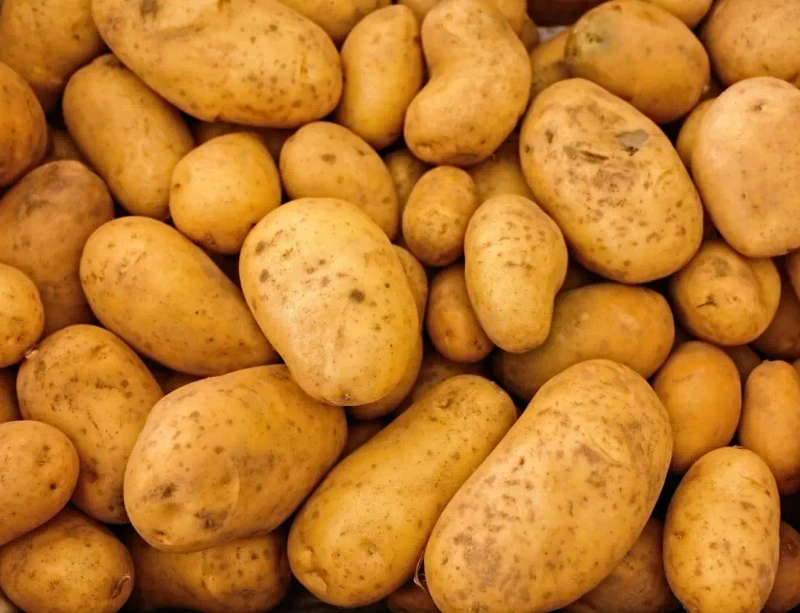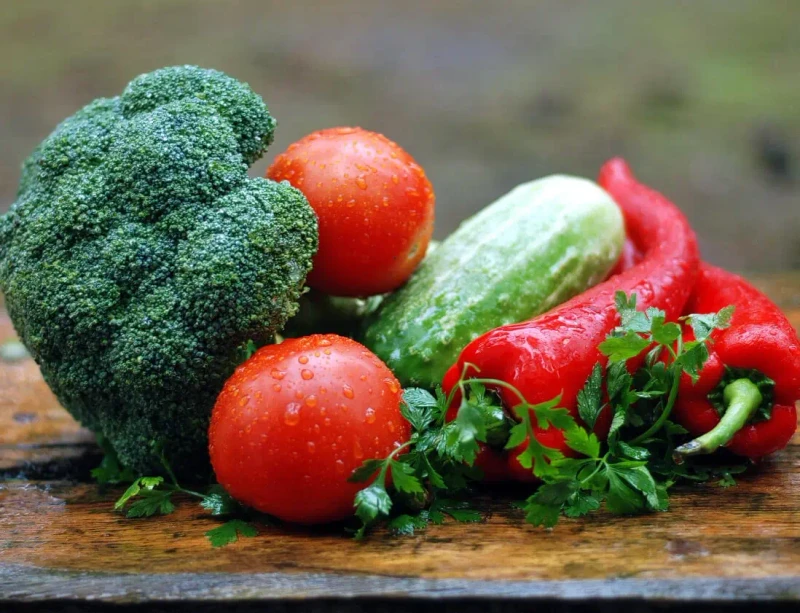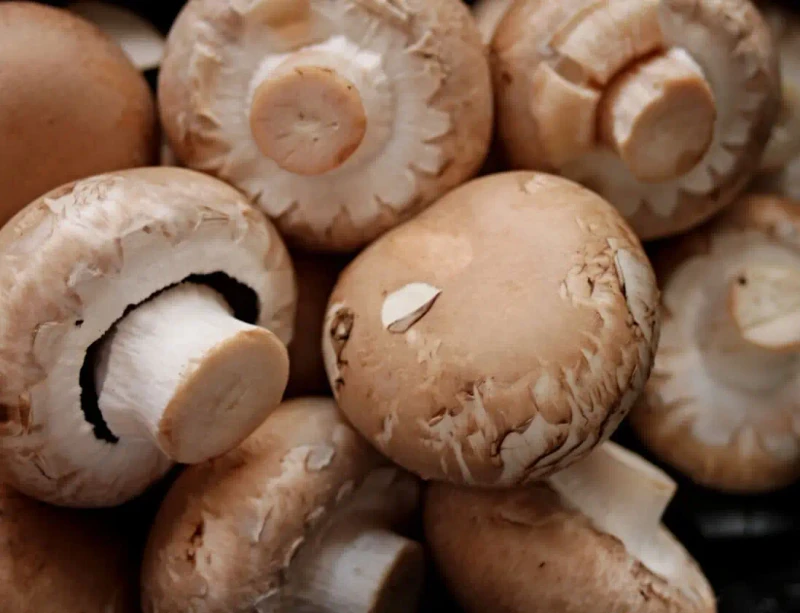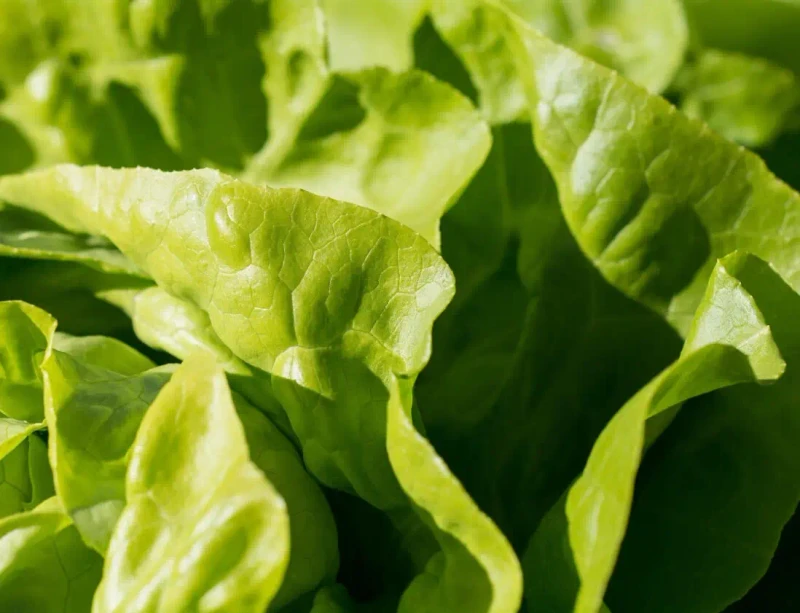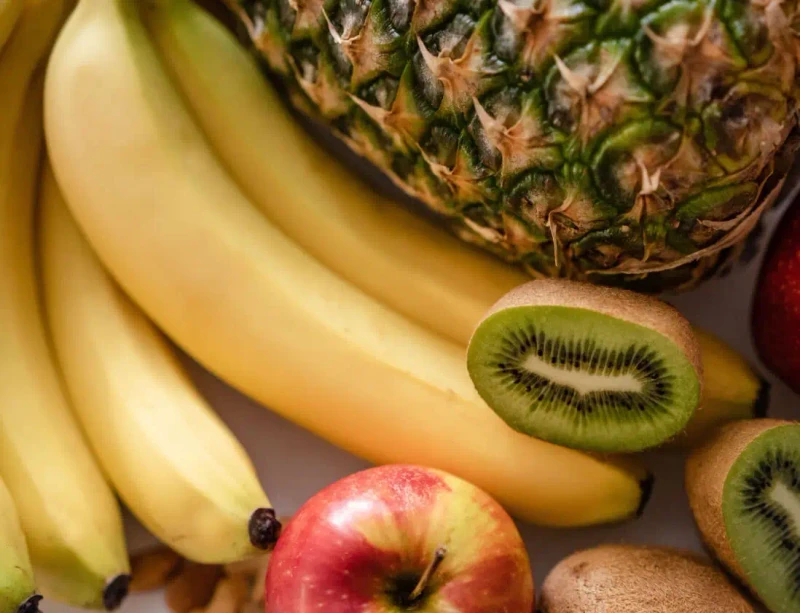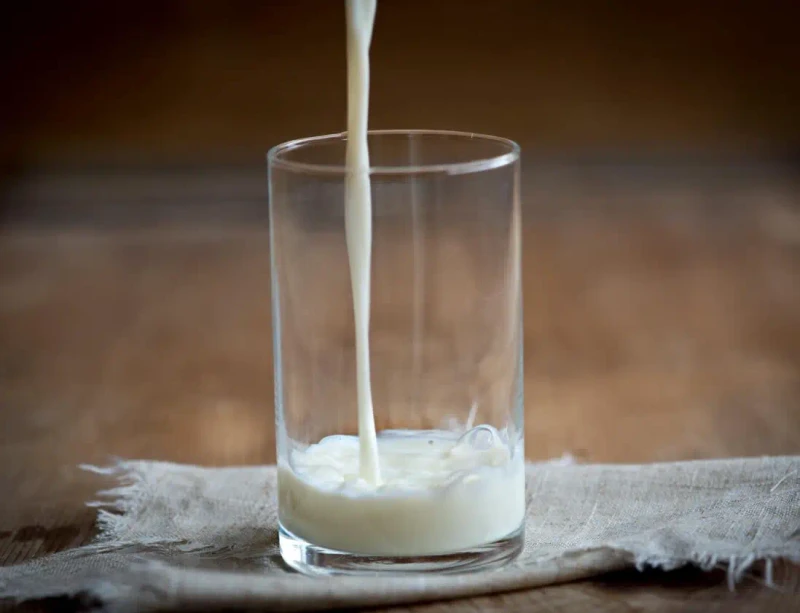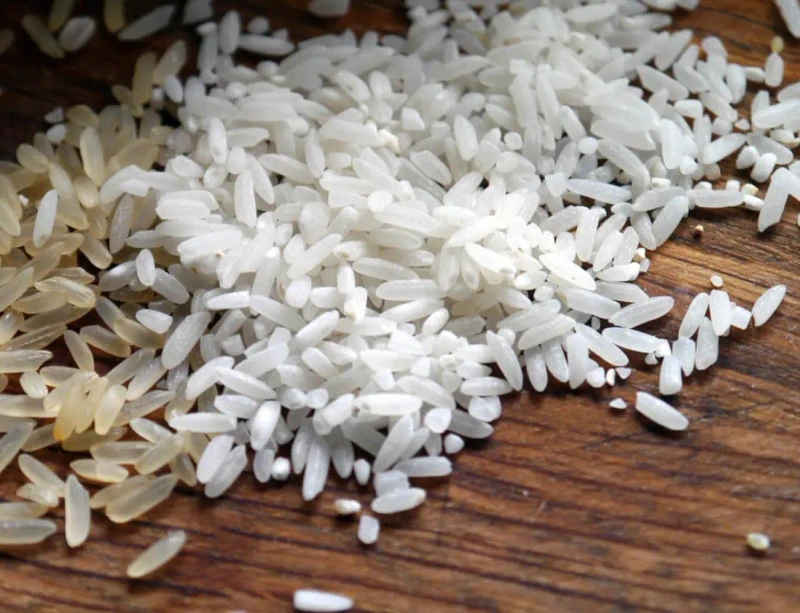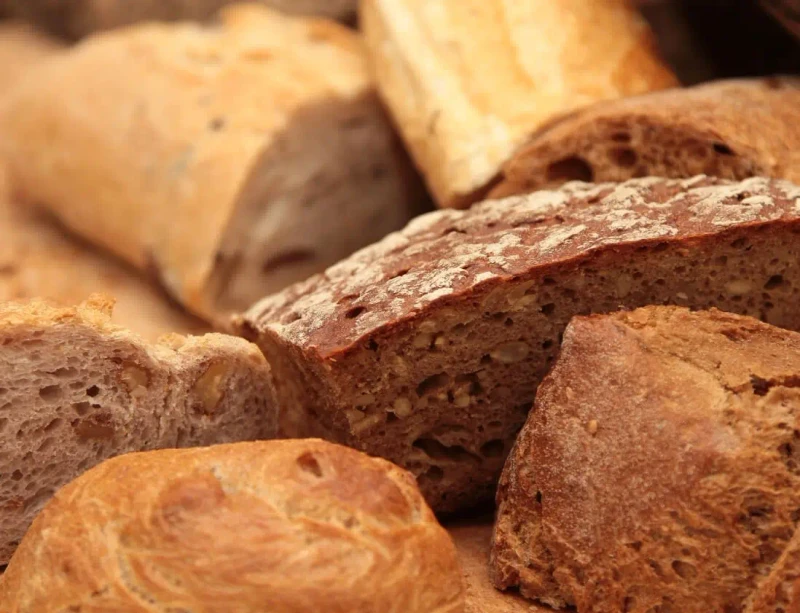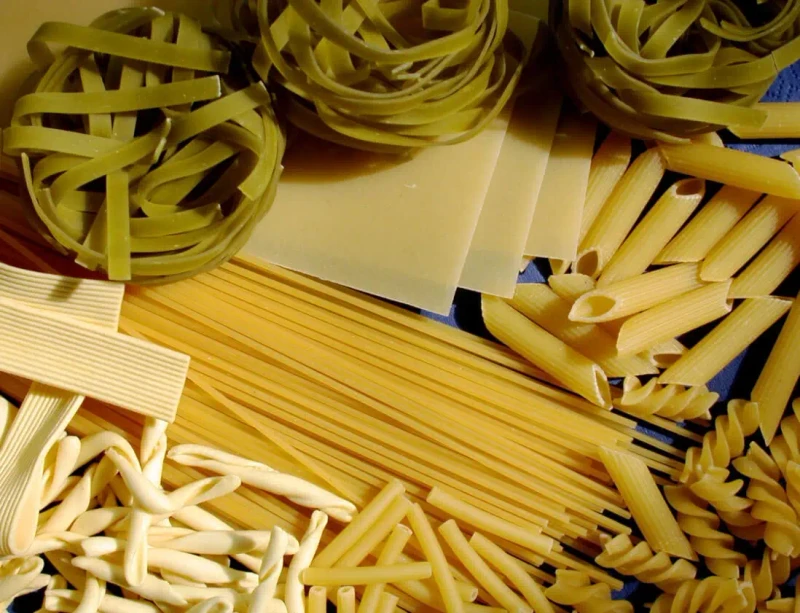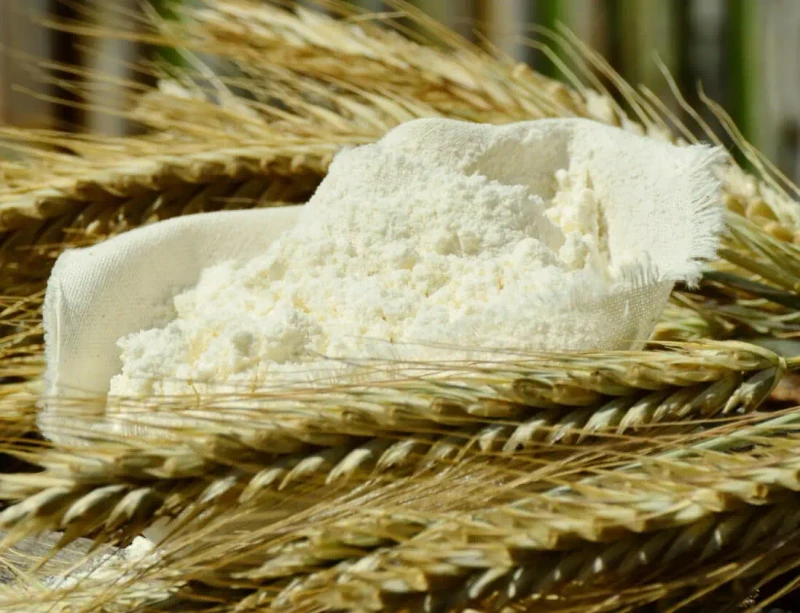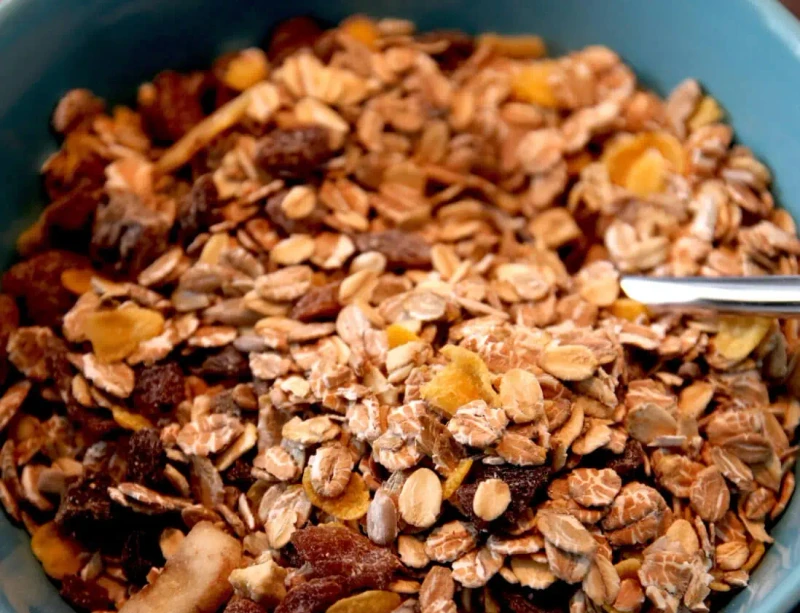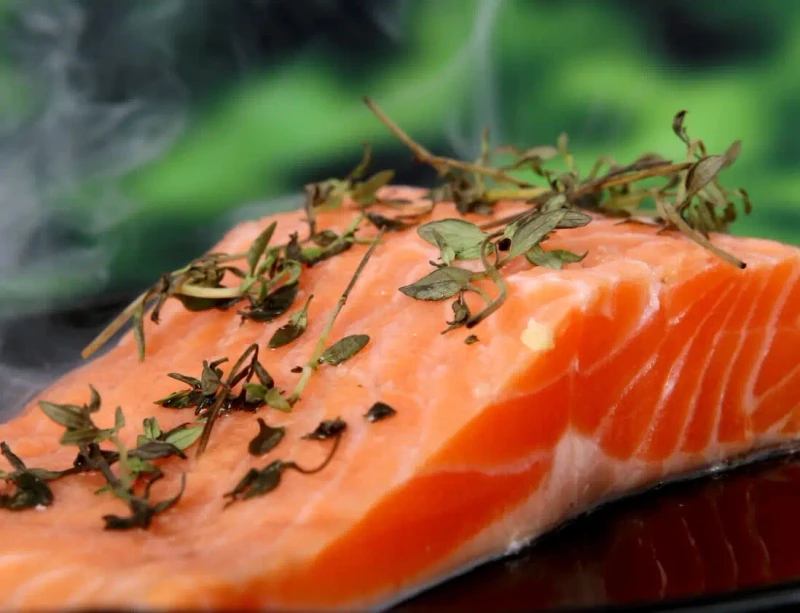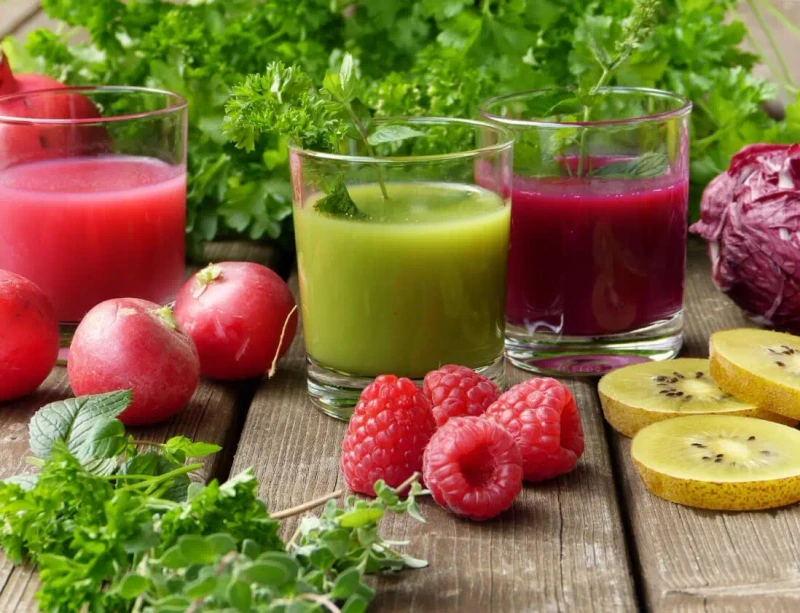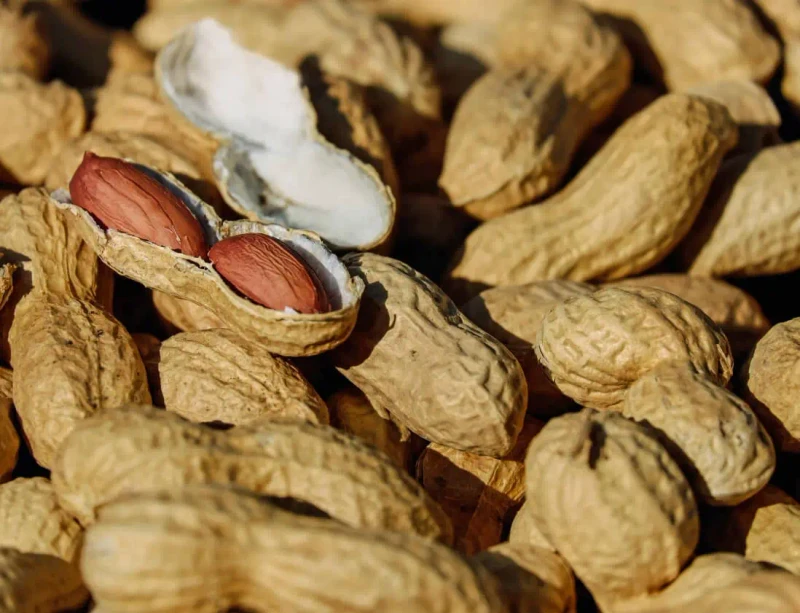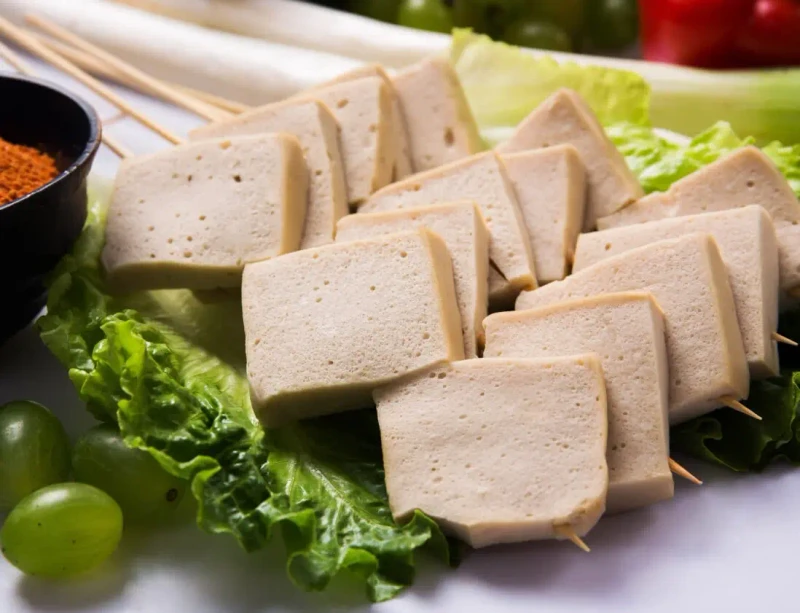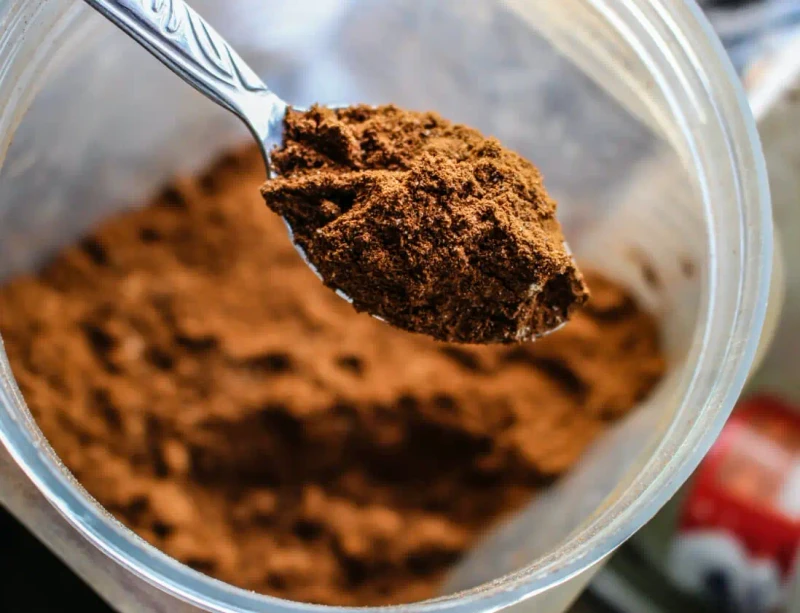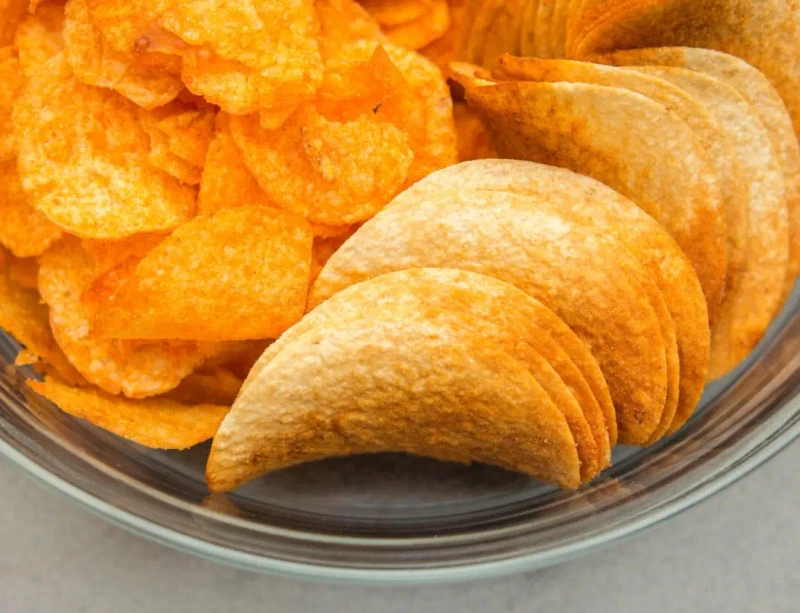Calories in Food: Calorie Chart Database
How many calories are in the foods you eat? You'll find thousands of foods and their calorie values in the calorie charts on calories.info. Whether you're looking to lose weight, gain muscle or simply eat healthily—with each food chart, you'll always have an overview of your diet and can even use it to put together a healthy, wholesome grocery list.
Find thousands of foods and their respective calorie information.
Fruits & Vegetables
Milk & Dairy Products
Meat
Cereal Products
Dishes & Meals
Drinks & Beverages
Candy & Sweets
Oils, Fats & Nuts
Others
While quality of food is important for a healthy diet, quantity is also a major factor of good nutrition. Especially for anyone concerned about maintaining or losing weight, it’s a good idea to regularly review a calorie database and nutrition labels to see how much fuel you’re getting to feed your daily activity – and if it’s too much. Those extra calories, after all, are converted to excess body fat.
It’s common to think of calories in food as a way to measure amounts, but that’s not quite accurate. One hundred calories of peanut butter, for example, is only a spoonful or two. But one hundred calories of vegetables can equal several cups! Calories are a unit of measurement to show how much energy you will get from a serving of food. Therefore, to lose weight, it’s best to limit any calorie-dense foods – anything where you get a lot for a little – so you can eat enough food to really feel full.
But when restricting food intake, it’s important not to follow too extreme of an eating plan. Before they get stored as fat, the calories in food are converted into fuel for everything from organ and brain functions to walking around and even just sitting upright.
The number of calories your body needs for minimal functions – that is, simply lying in bed all day – is called basal metabolic rate (BMR). That’s the starting point to calculate how many food and drink calories you can consume in a day. Then, how much you move and how vigorously determines if you have room in your healthy diet for more calories.
Very active individuals should use the nutrition database to locate foods with a lot of energy, as indicated in the calorie chart by a high number per serving. Those whose lifestyles involve minimal activity, such as commuting to an office job by car, should look at nutrition facts to plan meals that have larger portions with fewer calories; same goes for anyone following a weight loss diet.
Regardless of how many calories you are eating, it’s also important to review the nutritional value of every item in your diet. That’s where quality of ingredients comes into play. Healthy eating habits must revolve around a balanced diet, and that means getting a mix of complex carbohydrates, good fats, and lean proteins. In general, healthy foods are not processed and contain a lot of nutrients like vitamins, minerals and antioxidants.
Foods in the nutrition chart that have a high number of calories and few nutrients should be eaten rarely or avoided altogether. Those ingredients and food products with low nutritional value are considered as having empty calories. Another way to spot a healthier choice is by looking near the nutrition facts for the ingredients list. If the foods used to make the product are ones you could purchase in the grocery store and use to cook from scratch in your own kitchen, it’s made with whole foods. If instead there are a lot of hard-to-pronounce chemical names, put the product back on the shelf. Then keep looking until you find an item without fillers and artificial flavorings.
Before you venture out for your next grocery shopping trip, arm yourself with knowledge by making a list of good-for-you ingredients that you’ll enjoy eating. Review the calorie charts in the nutrition database to compare your options, and note which of your favorite foods are nutrient-dense. Are the calories from beef or fish better for you? What can you put in a salad to make it a delicious, low-calorie meal? And what makes sweet potatoes more nutritious than the regular white ones?
There’s no better time than now to discover what’s in your ideal healthy eating plan. Search calories.info to take the first step toward better nutrition.
